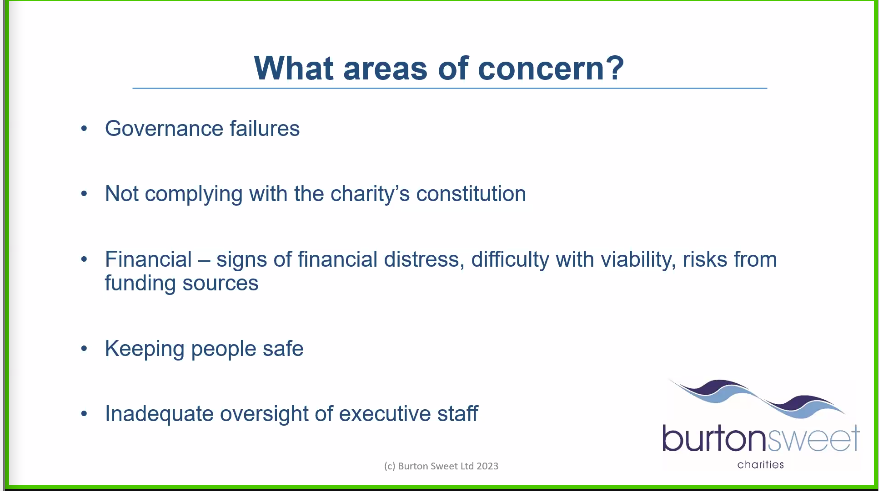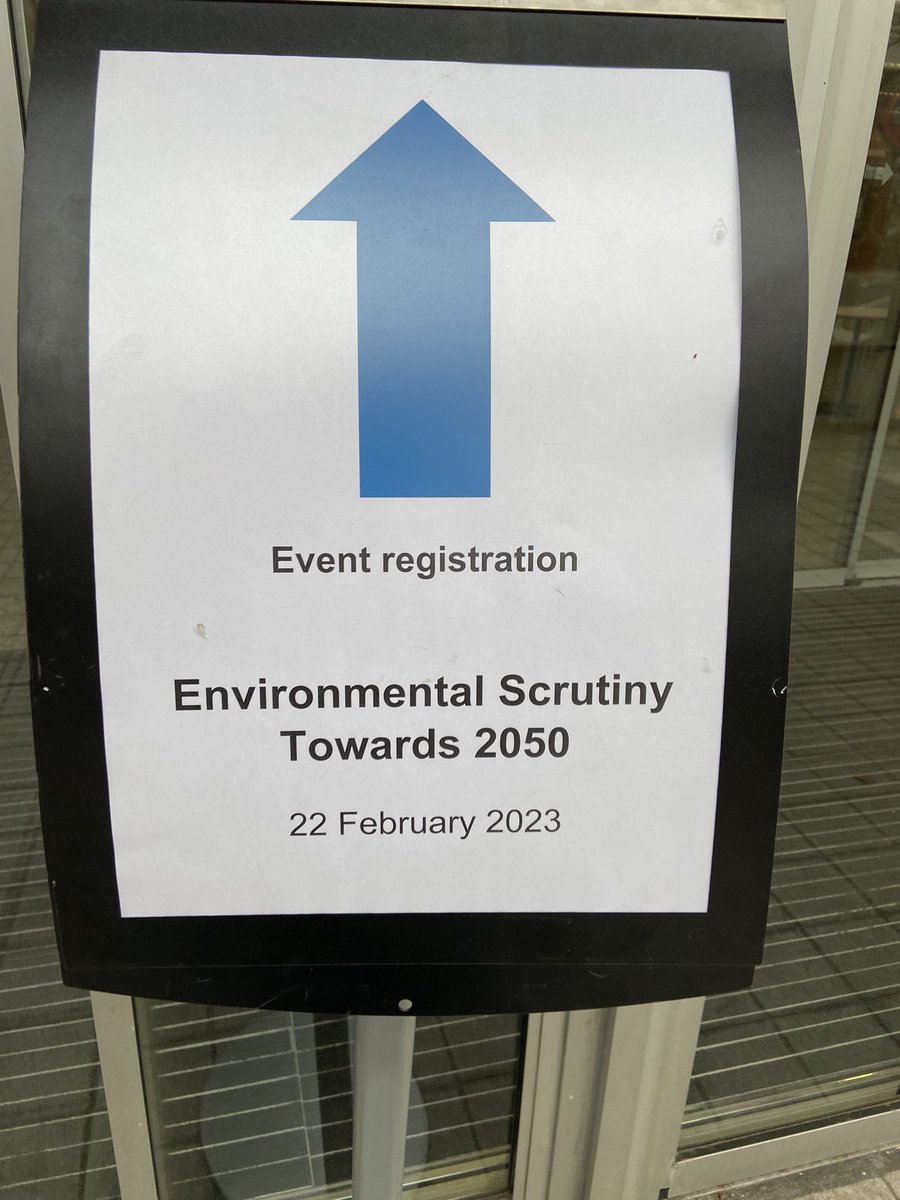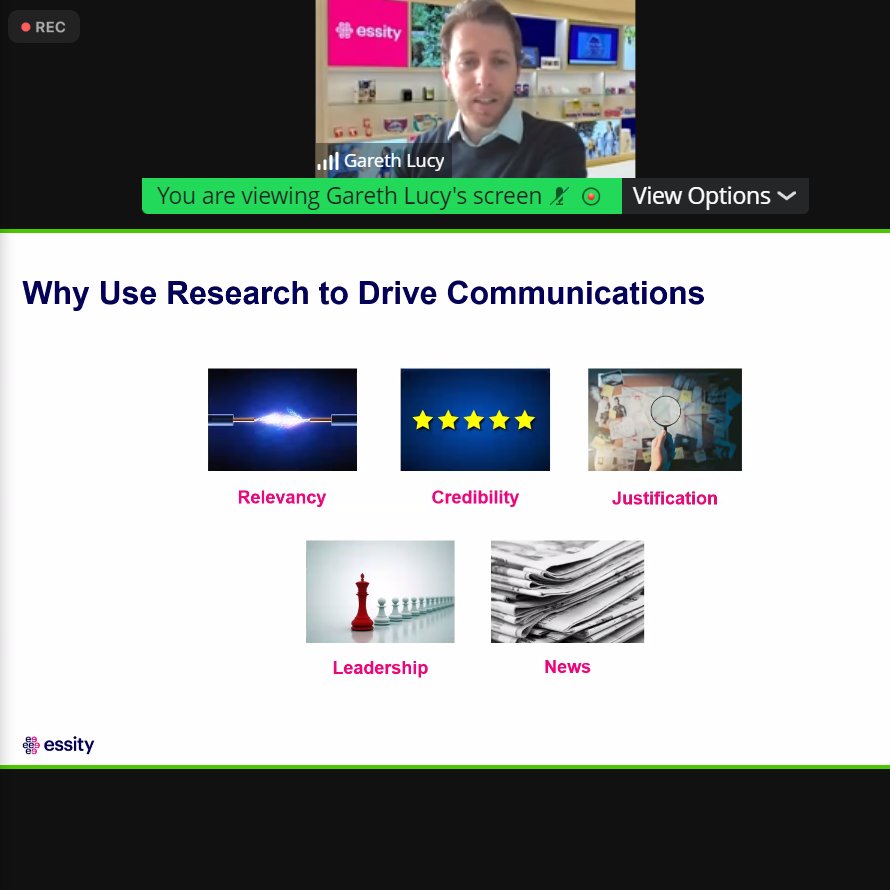Looking forward to what should be an interesting update on how the latest political developments will affect #charities & what steps charities can take to make accountability real #BSCharities
https://twitter.com/BSCharitiesTeam/status/1639269258554232835
First @cecilegillard opens on making Charity Accountability real - noting that it is the Trustees responsibility to ensure there is a culture of transparency with a working culture that has a "default to openness" #BSCharities 

On how charities can help create a culture of openness, Gillard says that having open & honest conversations & providing clear & understandable information will help to create a culture of real accountability #BSCharities
On what can hinder creating such a culture, Gillard cites charities forgetting their focus, or a risk-averse culture creating a sense of defensiveness or fear #BSCharities
Giving examples from charities, Gillard argues that real accountability is about honesty and bravery: taking ownership for what is your responsibility, explaining why things work (or not) #BSCharities 

Gillard closes explaining the services @BSCharitiesTeam offer to support this #BSCharities
Next, @ed_marsh moves on to discuss the new @ChtyCommission Annual Return process. He gives a brief overview of what the Annual Return is, and who is required to provide it #BSCharities
Marsh notes that there is some changes this year - in particular there are more questions than previous years (though fewer than CC originally proposed, meaning charities may need to answer up to 29 questions #BSCharities
Marsh explains this is due to CC's digital drive, and their desire to capture more information on charities, and making it available more readily to the public #BSCharities
Marsh now goes through the 9 areas charities will need to answer questions on #BSCharities 

On income, smaller charities (under £50k) will now need to give information on who funds them, to help ensure charities are not over-relying on single funding streams. Those with income over £100k will need to identify the value of the single highest value donation #BSCharities
On expenditure, Marsh explains that charities will need to explain who they fund and whether any funds were provided to related parties #BSCharities
For activities outside the UK, Marsh says charities now need to demonstrate that they have formal written agreements in place with partners delivering services outside of UK & whether £ is transferred outside of UK using a method other than a regulated banking system #BSCharities
For addresses & property, Marsh explains charities need to confirm that public address on register is correct, and whether it is the same as the administrative headquarters #BSCharities
For structure & membership, Marsh says charities need to explain if anyone other than trustees gets to vote on policies. For employees & volunteers, charities must provide number of employees & total amount spent on payrolll #BSCharities
Turning to governance, Marsh outlines which policies & procedures the CC will need confirmation of being in place. Those with an * are new policies #BSCharities 

Finally on safeguarding & risk, Marsh says charities need to confirm if they support at risk individuals, what level of DBS check staff have been subjected to, & the impact of external events on your charity #BSCharities
Now Gillard moves on to common areas of concern for charities - notes this includes governance failures, lack of resilience and oversight and ongoing concerns over safeguarding #BSCharities 

Turning to how we address these issues, Gillard says Trustees need to build firm foundations: This should require focusing on the charity's core purpose & how the charity delivers on those outcomes. She gives an overview of where Trustees should focus their attention #BSCharities 

Gillard also says that Trustees need to make timely decisions and take actions. These should be appropriate, with the decision-making process well documented. In particular, Gillard also encourages honest & open engagement with regulators #BSCharities
On other learnings, Gillard says keeping evidence & information will help identify warning signs in the future, with Trustees taking steps to understand their operating environment & take advice from external advisors when needed #BSCharities
Now, Ed Marsh moves on to the #SpringBudget2023 and, in particular, what this means for charities #BSCharities
Marsh opines that the Budget was "better than expected", with the work the VCSE sector does being recognised by Chancellor & £100m of funding pledged for charities & community orgs in England #BSCharities
Other positives include additional funds for leisure facilities, tax relief for cultural centres, charity tax reliefs now restricted to UK charities & CASCs, future VAT relief on energy saving materials for charitable buildings & extending Energy Price Guarantee #BSCharities
Marsh also discusses the impact of tax thresholds being frozen. With more people now in the tax band, this gives an opportunity for charities to discuss #GiftAid with new potential downers. The freeze on IHT also means more estates could benefit from legacy giving #BSCharities 

Finally, Gillard moves on to discuss news and other updates. She cites research on charity resilience, which showed that charities are increasingly depending on reserves to cover costs where, particularly in the care sector, there is a growing sense of vulnerability #BSCharities
Gilllard also speaks about a Charity Commission blog on the role of charities of informing the dialogue around policy issues. Gillard advises charities to engage if it is essential to your charitable mission, but to be mindful of not being overtly political #BSCharities
Really interesting overview of the current challenges facing #Charities & how the sector can respond to them. Thanks to @ed_marsh & @cecilegillard for your insights and to @BSCharitiesTeam for hosting! #BSCharities
@threadreaderapp Unroll please
• • •
Missing some Tweet in this thread? You can try to
force a refresh

 Read on Twitter
Read on Twitter












